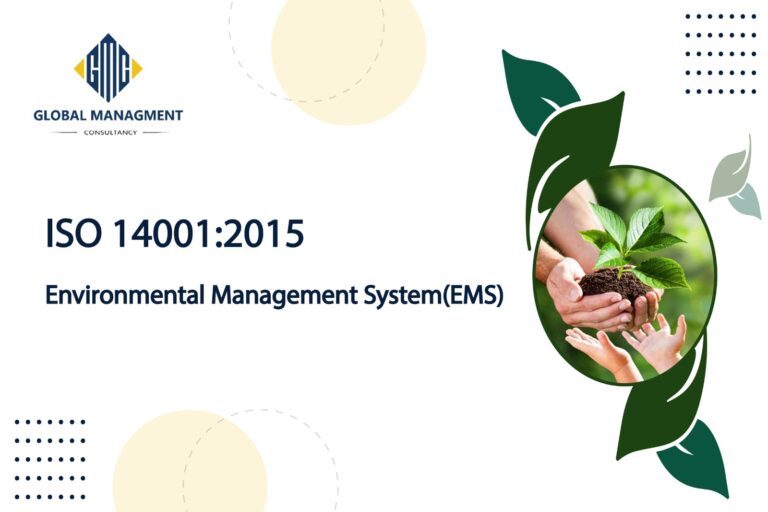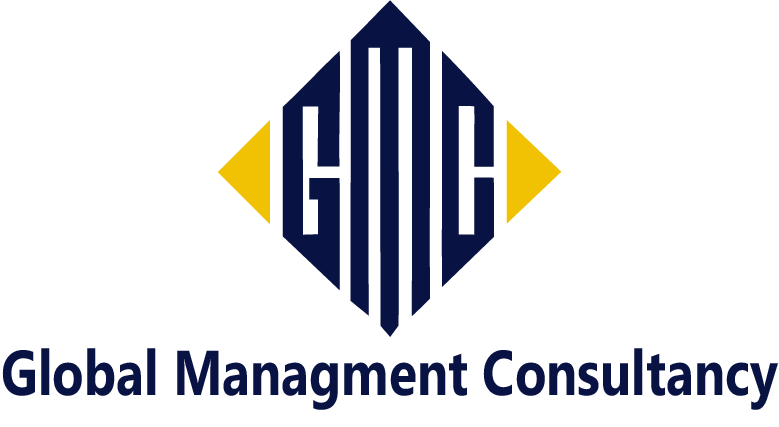ISO 14001:2015 certification In Saudi Arabia

ISO 14001:2015 environmental management system (EMS) is made up of the policies, processes, strategies, practices, and records that govern how your organization interacts with the environment. Because only your organization will have the exact legal requirements and environmental interactions that match your own business procedures. This system must be customized to your specific company. However, the criteria of ISO 14001:2015 certification in Saudi Arabia provide a structure and guidelines for developing your environmental management system, ensuring that Important elements required for an EMS’s performance are not overlooked.
Which organizations profit from ISO 14001:2015 (EMS) certification in Saudi Arabia in what ways?
Regardless of a company’s size or industry, ISO 14001:2015 certification in Saudi Arabia can be applied. An environmental management system (EMS) that adheres to ISO 14001:2015 is therefore advantageous to private, non-governmental, and nonprofit organizations. Furthermore, your business will acquire crucial competitive advantages through successful implementation and certification.
These consist of:
- Meet Compliance Requirements: Provide proof that your organization complies with its legal Commitments to stakeholders to increase their sense of trust & confidence in you.
- Encourage a longer-term strategic focus: By using eco-friendly processes that improve your company’s market position, you may future-proof your enterprise and promote sustainable development.
- Encourage corporate social responsibility: By adopting a responsible approach to environmental management, you may enhance your company’s reputation and increase public trust in your brand.
What exactly does ISO 14001 look like?
Experts At Global Management Consultancy will explain the Clause-By-Clause explanation Of ISO 14001:2015 (EMS).
Clause 4: Context of Organization
To deploy an EMS, you must first understand your organization, which is covered in this section. It comprises the requirements for defining the scope of the EMS, describing the processes necessary for the EMS, identifying interested parties and their expectations, and identifying internal and external difficulties.

Clause 5: Leadership
The top management must play a key role in the EMS’s implementation, which is covered by the leadership requirements. By assuring environmental commitment, developing and circulating the environmental policy, and delegating duties and responsibilities across the firm, top management needs to show their commitment to the EMS.
Clause 6: Planning
Additionally, top management must also plan for the EMS’s ongoing operation. The risks and opportunities of the EMS in the organization must be appraised, and environmental targets for improvement must be set and plans developed to achieve these goals. Furthermore, the business must analyze all of the ways in which the organizational operations interact with and affect the environment, as well as the legal and other commitments that the organization is expected to make.
Clause 7: Support
The organization must guarantee that adequate resources are provided to the environmental management system, including establishment, implementation, maintenance, and continuous development, and that their use and efficacy are constantly monitored.
Clause 8: Operation
To meet requirements for producing products/services, the company should design, develop, and control processes utilizing the life cycle process.
Clause 9: Performance Evaluation
It contains the prerequisites needed to ensure that you can monitor how well your EMS is working. It is part of monitoring and evaluating your operations. Also, reviewing environmental compliance, internal audits, and continual management evaluation of the EMS.
Clause 10: Improvement
It also provides the prerequisites required to improve your EMS over time. This involves the need to identify process nonconformity and take corrective actions for processes These Clauses are based on the Plan-Do-Check-Act cycle, which uses these aspects to execute change inside the organization’s processes in order to drive and maintain improvements.
PDCA Cycle:

Why should your organization apply for ISO 14001:2015 Certification in Saudi Arabia?
- It can be a smart move to apply for ISO 14001:2015 certification in Saudi Arabia. if your company is dedicated to environmental sustainability.
- This certification guarantees that your business complies with the strictest environmental management guidelines and lessens its carbon footprint.
- You can show your dedication to lowering waste, conserving resources, and minimizing pollution by putting this certification into practice.
- It can give you a competitive edge by luring clients who value the environment and favor eco-friendly goods and services.
- Additionally, the certification makes it possible for you to abide by local environmental laws and lessen your risk of facing legal repercussions.
- By demonstrating that you are an ethical business that values the environment, you can also enhance your brand image.
- Moreover, ISO 14001:2015 Certification in Saudi Arabia can be advantageous overall.
Steps you must take to complete the implementation and certify your business
- Complete all necessary documentation: Before you think about getting ISO 14001:2015 certification, you should have all the documentation in hand. This includes things like policies, procedures, and records of training. Make sure that everything is up-to-date and accurate.
- Conduct an internal audit: Once your documentation is in order, it’s time to conduct an internal audit. This will help you identify areas where you may fall short of the certification requirements. Moreover, ensure you have a thorough understanding of the standards you are trying to meet.
- Address any gaps: After conducting your internal audit, it’s time to address any gaps that were identified. This may involve making changes to your policies or procedures or providing additional training to your employees.
- Implement corrective actions: Once you have addressed any gaps, it’s important to implement corrective actions to ensure that the issues don’t arise again in the future. This may involve making changes to your processes or procedures.
Global Management Consultancy assists organizations with ISO14001:2015 implementation and certification. Also, our team of GMC-certified consultants will help you save time and costs.
